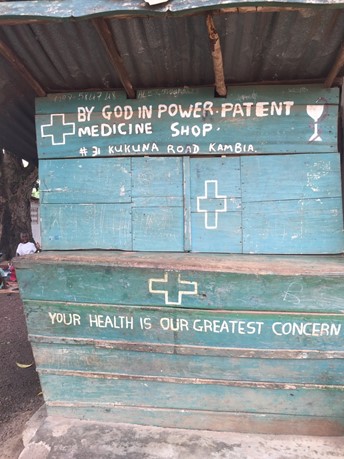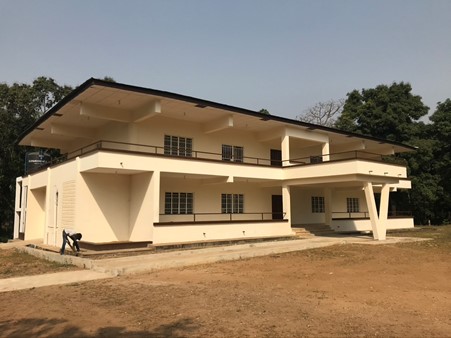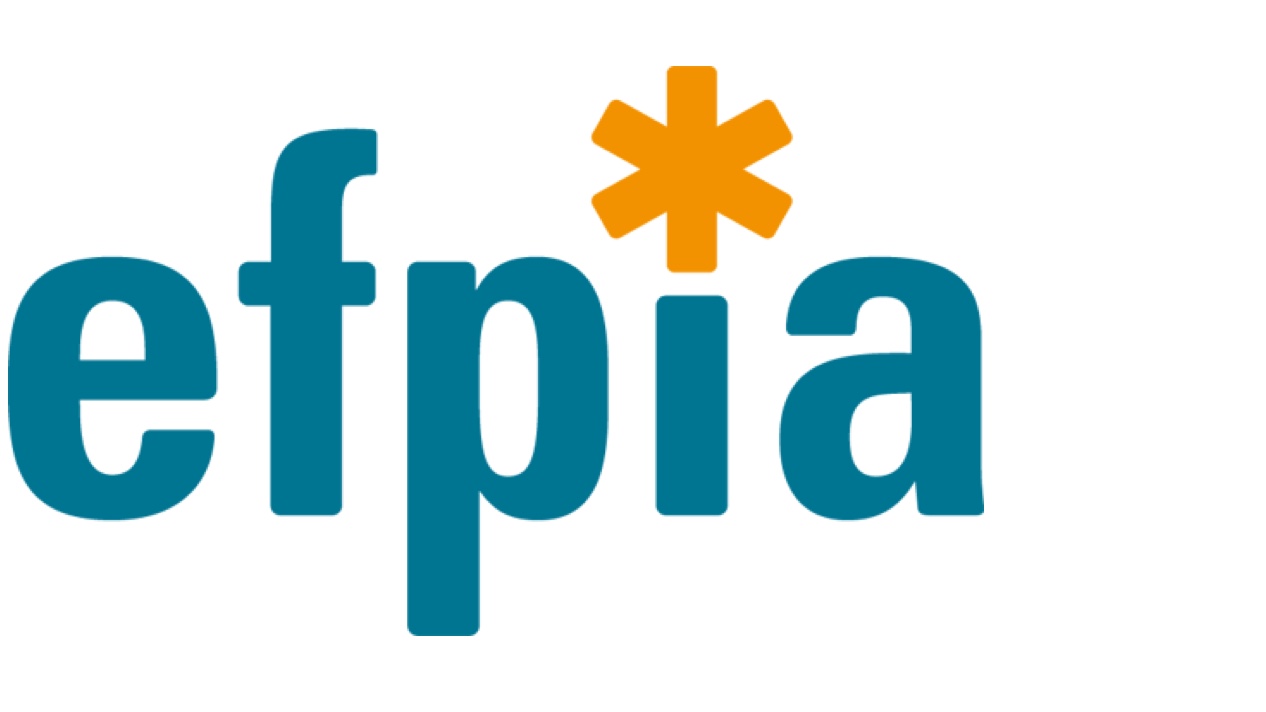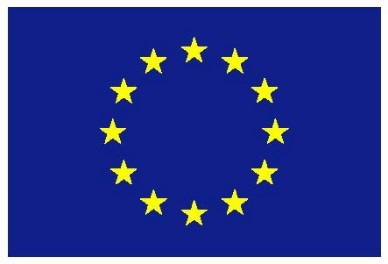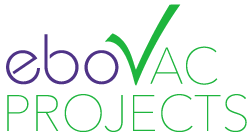Legacy of the EBOVAC-Salone Trial
The study is examining the economic, infrastructural, and social impact of the EBOVAC-Salone trial in Kambia to understand the material and social legacies of the trial. It aims to capture and preserve the institutional memory of EBOVAC1, as well as exploring capacities in human resources, research skills, and expertise built by the trial.
Future Epidemic Preparedness and Community Surveillance
An important aspect of outbreak response preparedness for vaccination deployment is surveillance. Toward the end of the West African epidemic, community health workers and volunteers played a key role in early detection and timely reporting to the health system.
Given the infrastructural paucities in Sierra Leone’s health system exposed by the epidemic, interest in establishing community-based surveillance (CBS) mechanisms and improving contact tracing methods have gained momentum among the global health security community as an approach to address barriers to public health surveillance. Engaging community members to collect health information and report it for public health surveillance purposes is gaining interest. A recently published output from a global technical meeting on CBS has sought to provide more clarity on a shared definition of CBS and establish guiding principles for best practice.
There is also increasing awareness that women, girls and other marginalised groups bear the heaviest burden of epidemics. Ebola and other recent epidemics such as COVID-19 have highlighted the urgent need for ‘gender responsive’ outbreak preparedness, response and recovery. The study will explore gendered ‘gaps’ in outbreak preparedness and develop recommendations for preparedness efforts through using both gender and health systems lenses.
Perceptions of Vaccination and Acceptance of Vaccination Strategies
This study is exploring community-level hesitancy towards different vaccination approaches. Recent data emerging from the ongoing outbreak in the DRC demonstrates high acceptance of the Ebola vaccine but low acceptance of the ring vaccination and healthcare worker targeted strategies, which are often perceived as being characterised by exclusion, political favouritism, and nepotism. To identify the potential challenges and opportunities of various vaccination approaches, the research is exploring vaccination strategies not as universally applicable policies, but as situated within local contexts of implementation, governed by institutional trust, memories of public health interventions, geopolitical landscapes, as well as trust in sources and methods of communication.
Following the outbreak of COVID-19 in March 2020, methods were adapted to ensure that research on community preparedness and response could continue safely amid the pandemic.
Social network and contact pattern dynamics
How people interact, including patterns of social contact, shape the transmission of infections. The majority of social contact survey studies have been carried out in Europe among general populations and communities, with far fewer focusing on household contacts. In addition, much less is known about physical contact patterns in African settings.
Anthropological approaches can aid mathematical modelling by helping to define the appropriate model and its structure. Participatory research can also be highly valuable in interpreting findings from the model. This study aims to inform and improve estimations on the spread of infections by providing insights into contact patterns in West African settings.
A quantitative survey and geo-tracing methods are being piloted, alongside ethnographic observation and qualitative interview approaches, to test the practical application of these methods, which could be scaled to understand the complexities and differences in contact patterns within and between households. Data is being collected on movement and contact patterns among members of different age groups and genders in both rural (Kambia district) and urban (Freetown) settings.
Publications
Enria L, Lees S. (November 2020). Comparative ethnographies of medical research: materiality, social relations, citizenship and hope in Tanzania and Sierra Leone. Int Health. 12(6), 575-583. https://doi.org/10.1093/inthealth/ihaa071
Enria L, Lees S. (September 2018). Defining political subjectivities through encounters with biomedicine during the Ebola epidemic in Sierra Leone. Medicine Anthropology Theory. 5(4), 30-55. https://doi.org/10.17157/mat.5.4.512
Tengbeh A, Enria L, Smout E, Mooney T, Callaghan M, Ishola D, Leigh B, Watson-Jones D, Greenwood B, Larson H, Lees S . (April 2018). “We are the heroes because we are ready to die for this country”: Participants’ Decision-making and Grounded Ethics in an Ebola vaccine clinical trial. Social Science & Medicine. 203, 35-42. https://doi.org/10.1016/j.socscimed.2018.03.008
Enria L, Lees S, Smout E, Mooney T, Tengbeh A.F, Leigh B, Larson H. (November 2016). Power, Fairness and Trust: understanding and engaging with vaccine trial participants and communities in the setting up the EBOVAC-Salone vaccine trial in Sierra Leone. BMC Public Health. 16(1140). https://doi.org/10.1186/s12889-016-3799-x
Presentations
Association of Social Anthropologists. Architectures of preparedness: hope and hidden infrastructures of vaccine development and laboratory strengthening in Sierra Leone, August 2020, Luisa Enria (London School of Hygiene &Tropical Medicine), Ann Kelly (King’s College London), Eva Vernooij (University of Edinburgh), Shelley Lees (London School of Hygiene &Tropical Medicine), Alice Street (University of Edinburgh), Shona Lee (University of Edinburgh).
COVID-19 Clinical Coalition Social Science Workgroup Seminar Social Science and Community Engagement in Vaccine Trials during health emergencies: Lessons from Sierra Leone, February 2021, Luisa Enria.
